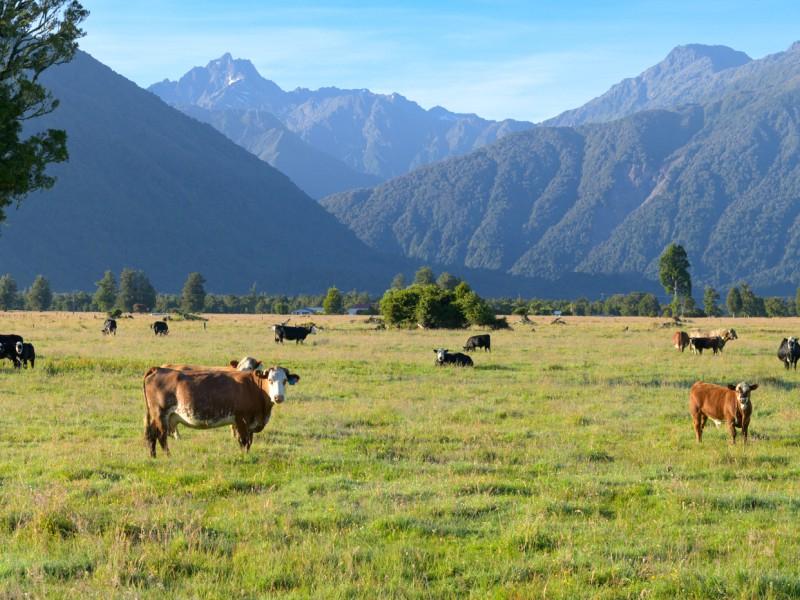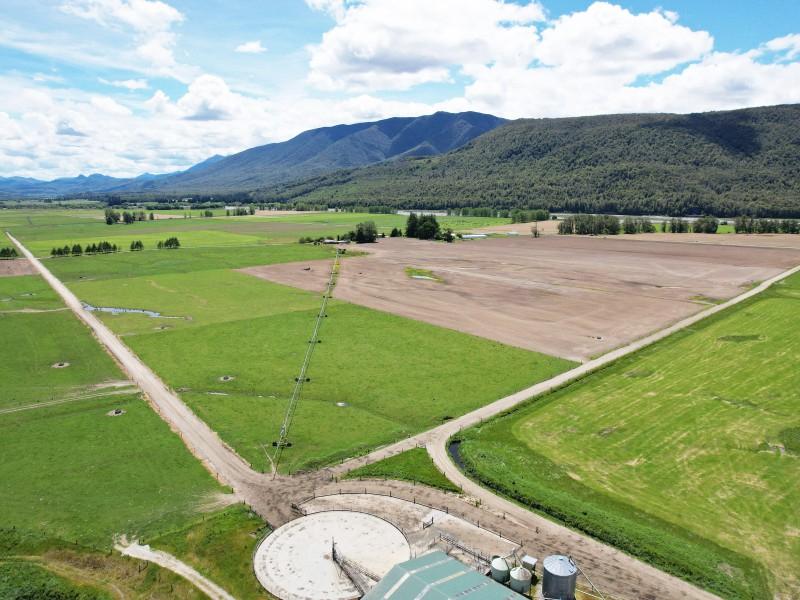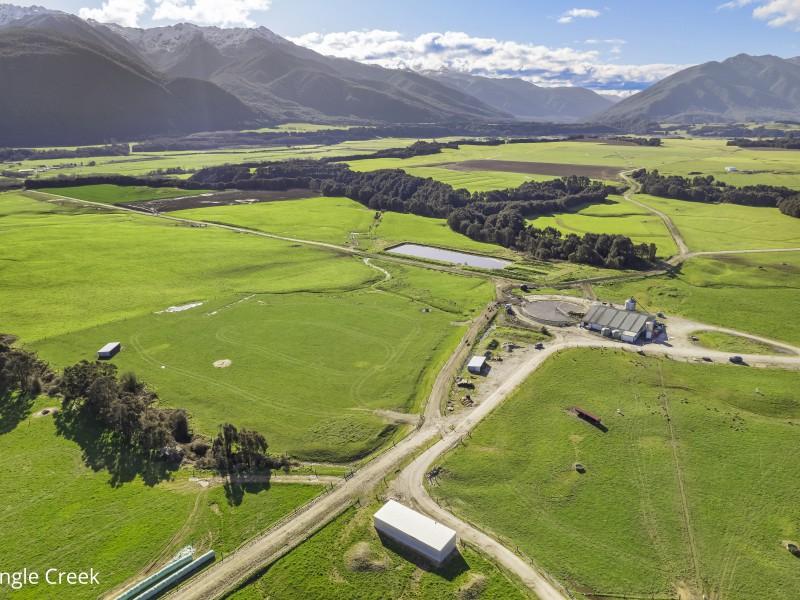Poll: Did you know old rice could make you sick?
Just because it’s rice doesn’t mean it lasts longer than other food. Over time, cooked rice may grow bacteria that produces toxins, which can make you sick. So, make sure you cover, refrigerate and only keep for a day or two.
Don’t risk making your whānau sick. Eat any leftover food within two days. If in doubt, chuck it out.
Remember to Clean Cook Chill and check our easy food safety tips here.
The team at New Zealand Food Safety

-
86% Yes I’m always careful
-
14% No I thought rice doesn’t go bad
⚠️ DOGS DIE IN HOT CARS. If you love them, don't leave them. ⚠️
It's a message we share time and time again, and this year, we're calling on you to help us spread that message further.
Did you know that calls to SPCA about dogs left inside hot cars made up a whopping 11% of all welfare calls last summer? This is a completely preventable issue, and one which is causing hundreds of dogs (often loved pets) to suffer.
Here are some quick facts to share with the dog owners in your life:
👉 The temperature inside a car can heat to over 50°C in less than 15 minutes.
👉 Parking in the shade and cracking windows does little to help on a warm day. Dogs rely on panting to keep cool, which they can't do in a hot car.
👉 This puts dogs at a high risk of heatstroke - a serious condition for dogs, with a mortality rate between 39%-50%.
👉 It is an offence under the Animal Welfare Act to leave a dog in a hot vehicle if they are showing signs of heat stress. You can be fined, and prosecuted.
SPCA has created downloadable resources to help you spread the message even further. Posters, a flyer, and a social media tile can be downloaded from our website here: www.spca.nz...
We encourage you to use these - and ask your local businesses to display the posters if they can. Flyers can be kept in your car and handed out as needed.
This is a community problem, and one we cannot solve alone. Help us to prevent more tragedies this summer by sharing this post.
On behalf of the animals - thank you ❤️

The Great Kiwi Quiz is back by popular demand
Grab a copy of your local Stuff newspaper between 1 Jan - 28 Jan and participate in the Great Kiwi Quiz! Test your knowledge, answer the daily New Zealand based questions, and find out how well you know our beautiful country!
Each correct answer will get you one entry into the draw to WIN a Weber® Lumin® BBQ Prize Pack, valued at $1098! Each pack includes: an electric BBQ, a stand with a side table, and a cover. The more answers you enter correctly, the higher your chance of winning. For more information and to submit your answers, click here.
The team at Stuff

Have you got your tickets yet?
Welcome the new year with the chance to win a brand-new home!
For just $15 a ticket, you could win this fully furnished Jennian home in the stunning coastal town of Clarks Beach, Auckland—your perfect escape, just a short drive from the city.
Valued at over $1 million, this home features three bedrooms, a spacious open-plan kitchen, living, and dining area, and is ready to welcome its new owner.
Whether you choose to make it your forever home, a holiday retreat, a rental property, or sell it, the choice is yours!
Get your tickets today at heartlottery.org.nz.

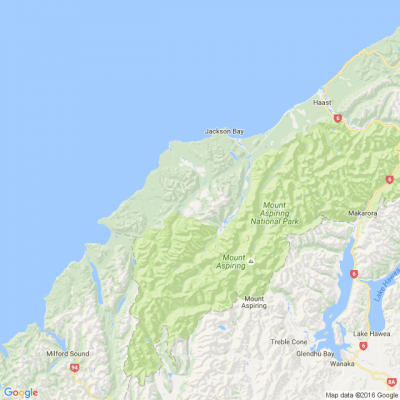
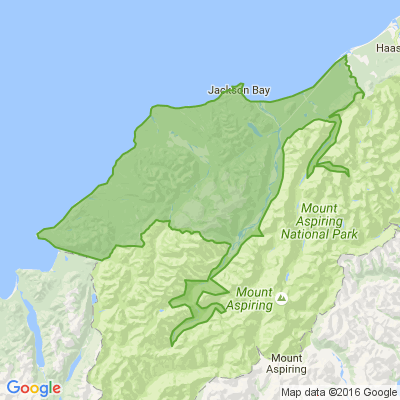




 Loading…
Loading…